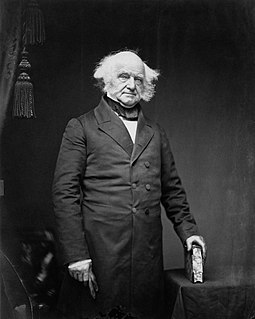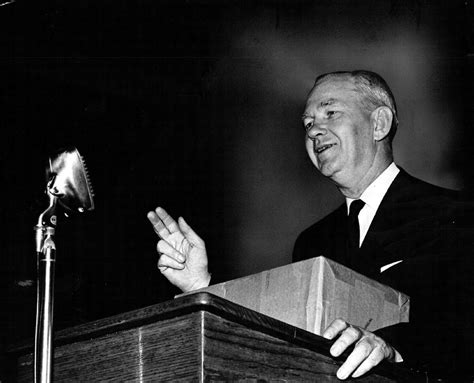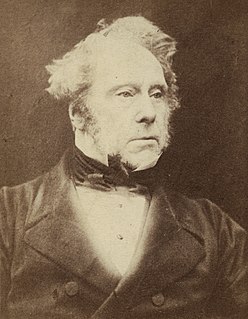A Quote by Simon Bolivar
A state too expensive in itself, or by virtue of its dependencies, ultimately falls into decay; its free government is transformed into a tyranny; it disregards the principles which it should preserve, and finally degenerates into despotism. The distinguishing characteristic of small republics is stability: the character of large republics is mutability.
Related Quotes
Republics demanded virtue. Monarchies could rely on coercion and "dazzling splendor" to suppress self-interest or factions; republics relied on the goodness of the people to put aside private interest for public good. The imperatives of virtue attached all sorts of desiderata to the republican citizen: simplicity, frugality, sobriety, simple manners, Christian benevolence, duty to the polity. Republics called on other virtues--spiritedness, courage--to protect the polity from external threats. Tyrants kept standing armies; republics relied on free yeomen, defending their own land.
World dictatorship can be established only when the victory of socialism has been achieved in certain countries or groups of countries ... [and] when these federation of republics have finally grown into a world union of Soviet Socialist Republics uniting the whole of mankind under the hegemony of the international proletariat organized as a state.
Freedom of speech is a principal pillar of a free government; when this support is taken away, the constitution of a free society is dissolved, and tyranny is erected on its ruins. Republics and limited monarchies derive their strength and vigor from a popular examination into the action of the magistrates.
It has been said that terror is the principle of despotic government. Does your government therefore resemble despotism? Yes, as the sword that gleams in the hands of the heroes of liberty resembles that with which the henchmen of tyranny are armed ... The government of the revolution is liberty's despotism against tyranny.
An elective despotism was not the government we fought for, but one which should not only be founded on true free principles, but in which the powers of government should be so divided and balanced among general bodies of magistracy, as that no one could transcend their legal limits without being effectually checked and restrained by the others.
[A]ll popular and well-mixed governments [republics] . . . are ever established by wise and good men, and can never be upheld otherwise than by virtue: The worst men always conspiring against them, they must fall, if the best have not power to preserve them. . . . [and] unless they be preserved in a great measure free from vices . . . .
It will be remembered, that a frequent recurrence to fundamental principles is solemnly enjoined by most of the state constitutions, and particularly by our own, as a necessary safeguard against the danger of degeneracy, to which republics are liable, as well as other governments, though in a less degree than others.
It is impossible to read the history of the petty republics of Greece and Italy without feeling sensations of horror and disgust at the distractions with which they were continually agitated, and at the rapid succession of revolutions by which they were kept in a state of perpetual vibration between the extremes of tyranny and anarchy . . . great improvement . . . were either not known at all, or imperfectly known to the ancients.
The history of ancient and modern republics had taught them that many of the evils which those republics suffered arose from the want of a certain balance, and that mutual control indispensable to a wise administration. They were convinced that popular assemblies are frequently misguided by ignorance, by sudden impulses, and the intrigues of ambitious men; and that some firm barrier against these operations was necessary. They, therefore, instituted your Senate.









































